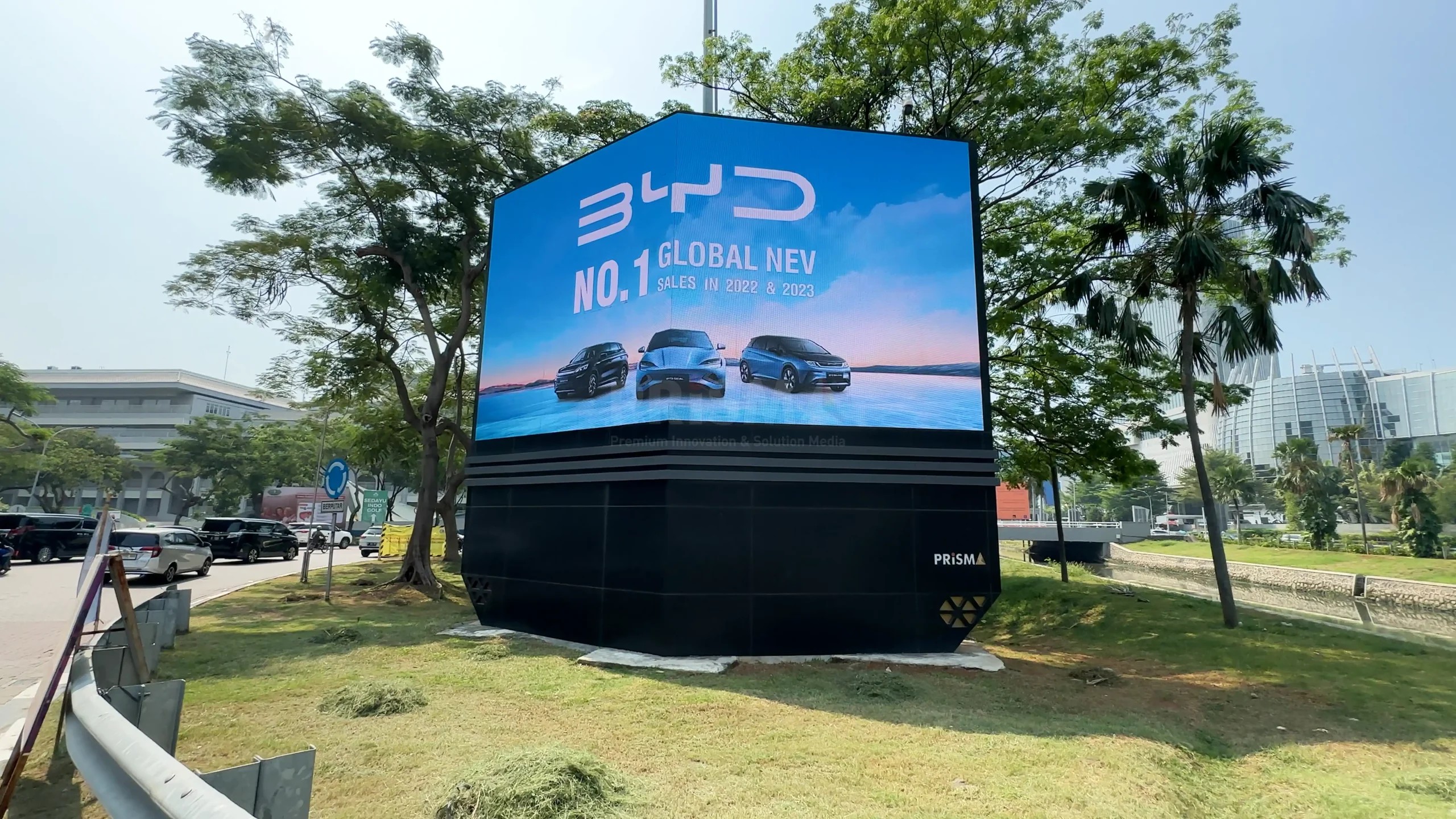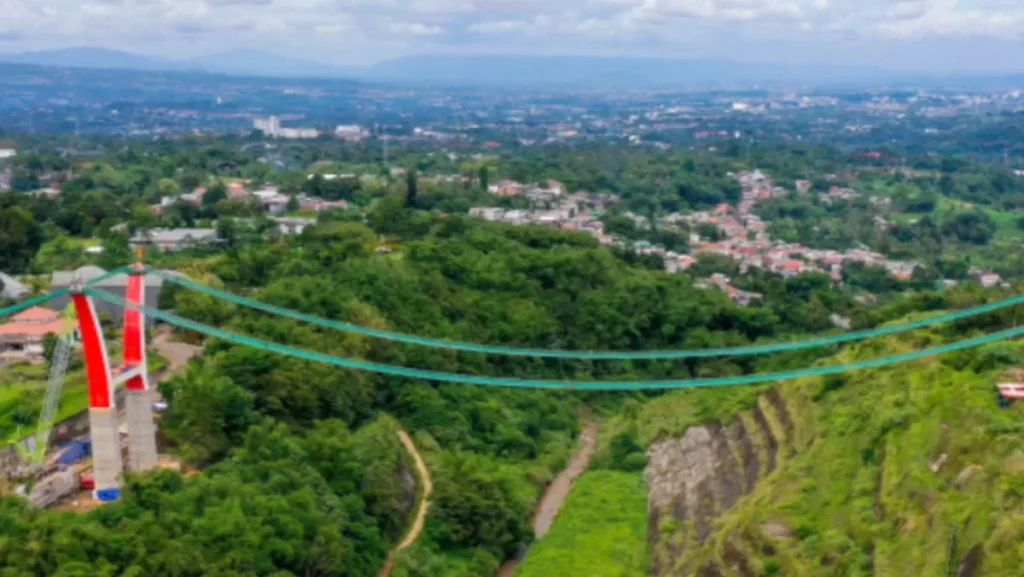The Jinjiang Group, a contractor for BYD, has come under fire following allegations by Brazilian labor authorities accusing the company of subjecting workers to slavery-like conditions. The accusations, which involve 163 Chinese nationals working at a construction site in Bahia state, have triggered widespread concern and placed a spotlight on the labor practices of international firms operating in Brazil. Jinjiang has categorically denied the claims, describing them as baseless and rooted in misunderstandings stemming from cultural and linguistic differences.
Brazilian labor inspectors alleged that workers faced exploitative conditions, including the withholding of passports, which limited their freedom of movement and raised questions about their autonomy. In response, BYD acted swiftly, terminating its relationship with the firm responsible for employing the workers and pledging full cooperation with Brazilian authorities to address the situation thoroughly.
Jinjiang issued a statement on Thursday, expressing frustration over what it described as an unjust characterization of its labor practices. “The portrayal of our employees as ‘enslaved’ is not only inaccurate but deeply offensive,” the company stated. “It undermines the dignity of our workers and the Chinese people as a whole.” Jinjiang revealed that its employees had signed a collective letter rejecting the allegations and affirming their satisfaction with the working conditions provided.
The controversy was further amplified by Li Yunfei, BYD’s general manager of branding and public relations, who shared Jinjiang’s statement on social media. Li accused foreign forces and certain segments of Chinese media of using the incident to tarnish Chinese brands and destabilize China’s relations with Brazil. His comments pointed to a larger geopolitical dimension, suggesting that the allegations were part of a broader effort to undermine China’s growing presence in global markets.
China’s Ministry of Foreign Affairs has taken an active role in the matter, with spokesperson Mao Ning stating that the Chinese embassy in Brazil is engaged in dialogue with Brazilian authorities to verify the facts and ensure the legitimate rights of Chinese nationals are protected. The diplomatic intervention highlights the significance of the incident for China-Brazil relations, given the economic and strategic importance of their partnership.
The Bahia facility, an integral part of BYD’s international strategy, is expected to become a major manufacturing hub, with an initial annual production capacity of 150,000 electric vehicles. Set to commence operations in 2024 or early 2025, the factory’s development coincides with Brazil’s impending increase in tariffs on imported electric vehicles, which will rise from 18% to 35% by 2026. The project underscores the importance of local production for maintaining competitiveness in Brazil’s burgeoning EV market.
Jinjiang has defended its practices by releasing a video in which a group of workers expressed their satisfaction with their employment conditions. In the video, one worker read a letter explaining that 107 employees had willingly handed over their passports to facilitate the issuance of temporary ID certificates, a requirement under Brazilian law. “We are proud to contribute to the construction of Brazil’s largest new energy vehicle project,” the worker stated. “We have complied with all laws and are committed to ensuring the project’s timely completion.”
The allegations against Jinjiang have drawn attention to the broader challenges of managing labor in cross-border projects. As Brazil becomes an increasingly important market for electric vehicle manufacturers, the incident underscores the necessity of transparent labor practices and robust regulatory compliance to foster trust and sustain international partnerships.






